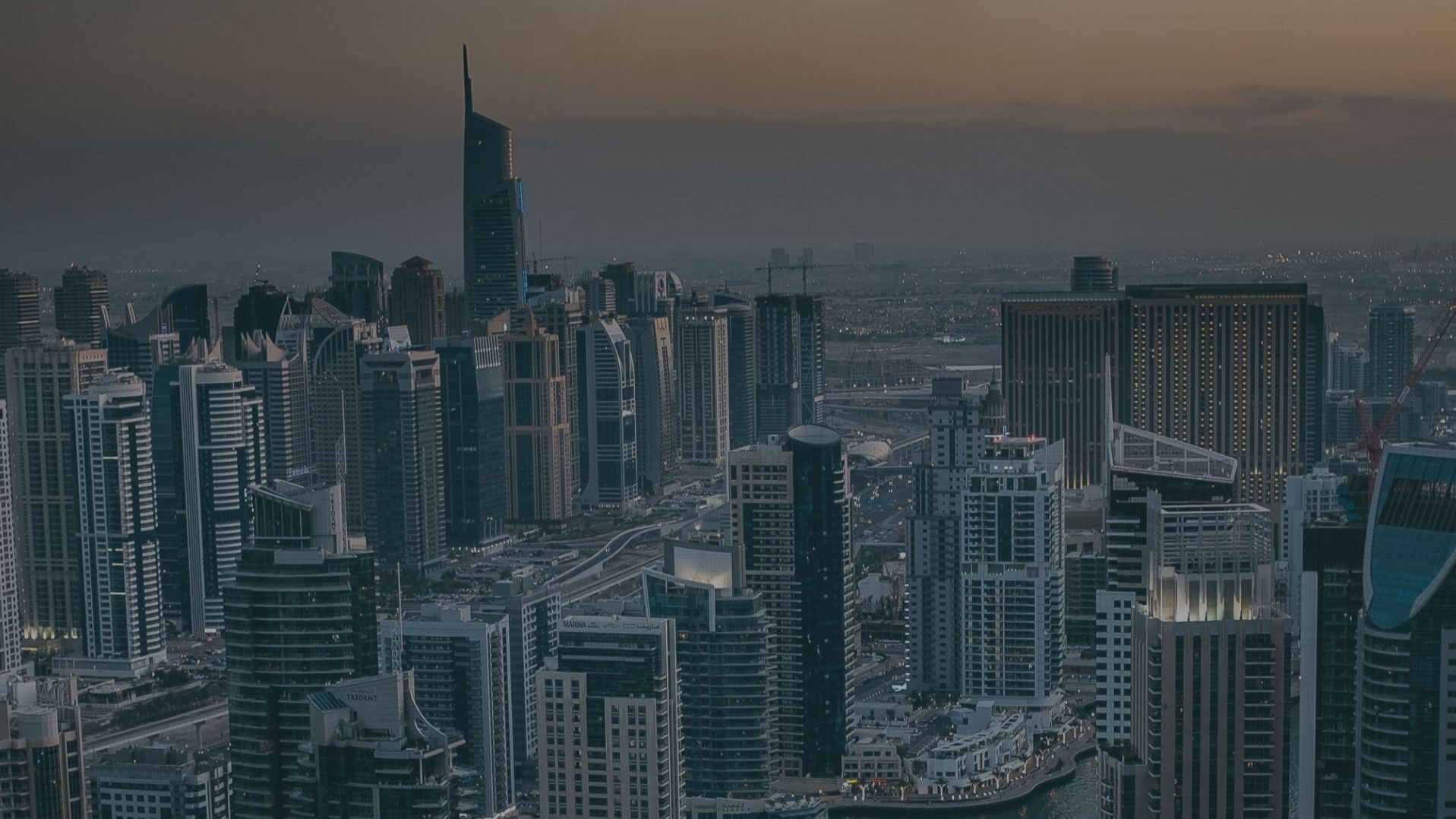Egypt is positioned as a prime destination for China’s manufacturing industry in the Middle East and North Africa (MENA) region.
China has become a significant player in Egypt’s manufacturing sector, making substantial investments and establishing factories through the Belt and Road Initiative. With its strategic location, skilled workforce, government support, and growing domestic demand, Egypt’s manufacturing sector holds a vital position in the global industrial landscape.
Egypt’s Importance in Global Manufacturing: Benefiting from its strategic location, Egypt serves as Africa’s production hub, meeting the continent’s demand for finished goods and promoting intra-African trade and regional economic integration. Additionally, Egypt’s manufacturing sector holds strategic value for Europe, providing opportunities for European companies to diversify production bases and achieve cost competitiveness.
Key Industrial Zones in Egypt: The article highlights eight crucial industrial zones in Egypt, showcasing the operations of Chinese and international enterprises. These zones, equipped with infrastructure, tax incentives, and a favorable business environment, have attracted numerous domestic and foreign companies, fostering the development of Egypt’s industrial sector.
China’s Role in Egypt’s Manufacturing: China has become a major participant in Egypt’s manufacturing, driven by the Belt and Road Initiative. Chinese manufacturers, attracted by Egypt’s strategic location, growing domestic market, and cost-competitive labor force, have invested in various industries such as textiles, food processing, chemicals, and automotive components.
Major Industrial Zones and Chinese Companies:
- Suez Canal Economic Zone (SCZone): The Suez Canal Economic Zone, established in 2008, has rapidly grown into an international industrial and commercial center. Chinese companies like Hisense, Midea, and China Glass Holdings have made substantial investments in SCZone, contributing to Egypt’s industrial development.
- 6th of October Industrial City: Located west of Cairo, this city is a prominent industrial center, attracting foreign investments, especially from Chinese companies like Haier. The Haier Egypt Eco-Park, completed in 2023, demonstrates China’s commitment to sustainable manufacturing practices, showcasing advanced production facilities and environmentally friendly initiatives.
- Sadat City: Named after former President Anwar Sadat, Sadat City has evolved into a thriving industrial center. With a focus on diverse industries, including automotive, textiles, food processing, and chemicals, Sadat City continues to attract international investments, such as the recent groundbreaking for Midea’s refrigerator and washing machine production facility.
- Ain Sokhna Industrial Zone: Situated in the Suez Province, this major industrial development zone has attracted attention for its prime location and investment-friendly environment. Chinese companies like HNAW are set to establish new production facilities in Ain Sokhna, contributing to the area’s economic growth.
- Qantara Industrial Zone: Part of the larger development plan, including the Suez Canal Economic Zone, Qantara Industrial Zone is set to host China’s renowned luggage manufacturer, HNAW. With an investment of $50 million, the new production base is expected to create around 2,000 job opportunities, demonstrating China’s commitment to the region’s economic development.
Conclusion
As China continues to invest and strengthen its presence in Egypt’s manufacturing landscape, the future holds promising opportunities for both countries. By addressing challenges and leveraging Egypt’s strategic position and resource advantages, the collaboration is poised to enhance Egypt’s position in the supply chains of Africa and Europe, serving as a launching pad for global development in Chinese manufacturing.
